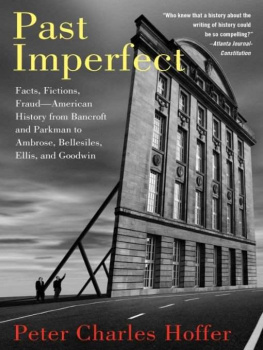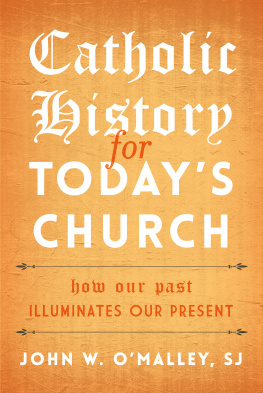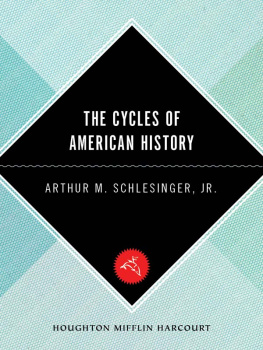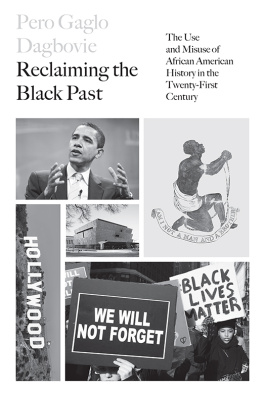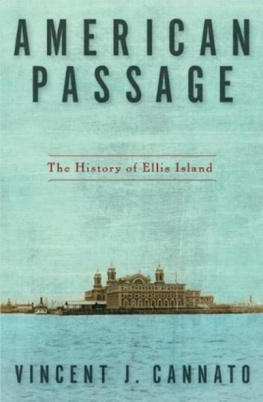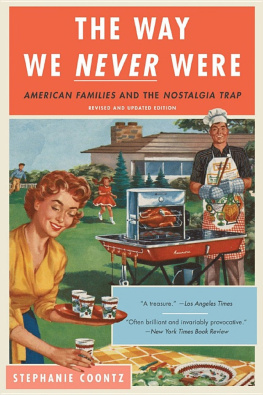Table of Contents
PRAISE FOR PETER CHARLES HOFFERS PAST IMPERFECT
A thoughtful work.... Believe it or not, tracking teaching trends in American history is fascinating stuff.... [Hoffers] tutorial on changes in historical standards is a good tool as we learn to sort out good scholarship from bad. Seattle Times
A tough-minded new book. Seattle Post-Intelligencer
[Hoffer] provides a brilliant analysis of changes in history writing in America, showing that there has long been a tension between those who want history to be celebratory, even if that requires whitewashing the past, and those who approach the past critically. He also explores the tension between popularizers of history, such as Ambrose, Goodwin, and Ellis, and those who believe that history should be conveyed primarily through maximum security monographs.
St. Louis Post-Dispatch
A professor of history takes to the woodshed not only the recent high-profile plagiarizers and prevaricators (Bellesiles, Goodwin, Ambrose, Ellis) but also those whose acts of omission and commission made possible the whole dreary mess. The proof he assembles is devastatingparticularly the side-by-side comparisons of texts. There is no question that Stephen Ambrose and Doris Kearns Goodwin played fast and loose with secondary sources, no question that Michael Bellesiles fabricated data for his Arming America (2000), no question that Joseph Ellis ... lied about serving in Vietnam. What emerges in this well-researched assessment of a nasty problem are both the authors love for his discipline and his grief for the losses it has sustained. Kirkus Reviews
Hoffer argues with powerful restraint that the American Historical Association should speak out more clearly against unethical practices by historians.... Make[s] the case clearly and forcefully that historians violations of common standards of ethics are not to be taken lightly, by their colleagues or by their readers. Los Angeles Times
Hoffer contends that his profession has fallen into disarray and aims a polemical blast at his fellow historians for condoning sloppy scholarship and [an] anything-goes political climate.... Hoffer is a respected scholar whose previous work has generally earned the esteem of his peers. Now, setting himself up as judge, jury, and executioner, Hoffer puts historians in the dockand throws the book at them.
The Boston Globe
An adviser to the American Historical Association on plagiarism, Hoffer focuses on the four most notorious recent cases of professional historical misconduct in this useful and reasonably argued study.... Hoffer examines these cases in the broader context of the professionalization of history, the battle between academic and popular history, and professional standards. Those concerned with the integrity and future of the field will find this analysis illuminating.
Publishers Weekly
... Past Imperfect examines the plagiarism scandals of the discipline and bemoans the chasm between popular and academic historians.
The Washington Post
Although recommended for all historians, Past Imperfect is one of the most important books history graduate students and newly hired historians will ever read. It is a fascinating history of our profession.
Peter Brush, Vanderbilt University Library
For Natalie, A Get Well Gift.
PREFACE
THE FIRST WEEKS OF JANUARY 2001 WERE BUSY ones for our nations top historians. Jan Lewis, professor of early American history at Rutgers, and Pauline Maier, who taught colonial history at MIT, faced the daunting task of ranking hundreds of books submitted for the Bancroft Prizes and the Pulitzer Prize. Their input as members of the prize committees would be very influential on two books on early America, their own specialty. One was Arming America: The Origins of a National Gun Culture, Michael Bellesiless thickly footnoted and highly controversial study of gun ownership in America; the other was Founding Brothers: The Revolutionary Generation, Joseph Elliss slickly written and imaginatively framed account of the Founders of the republic. The two books had behind them the oomph of a leading trade book publisher, Alfred A. Knopf. Bellesiles, a history professor at Emory University, and Ellis, at Mount Holyoke, were themselves busy teaching, giving interviews to the media, and planning their next writing ventures.
Doris Kearns Goodwin, whose books on Lyndon Johnson ( Lyndon Johnson and the American Dream ), the Kennedy women ( The Fitzgeralds and the Kennedys ), and the Roosevelts ( No Ordinary Time: Eleanor and FranklinThe Home Front in World War II ) had brought her a Pulitzer Prize in 1995 and membership on the Pulitzer Prize Board, was writing her next book, a major biography of Abraham Lincoln, for another leading trade publisher, Simon & Schuster. She was a regular on PBSs News Hour, a veteran of the lecture circuit, and one of the most respected and recognizable of the talking heads on the educational cable TV channels. Stephen Ambrose, who had retired from university teaching but had busied himself giving lectures on history, had two books near the top of the all-time best-seller list: Undaunted Courage: Meriwether Lewis, Thomas Jefferson, and Opening of the American West and Band of Brothers: E Company, 506th Regiment, 101st Airborne, from Normandy to Hitlers Eagles Nest. His gruff voice, kindly manner, and the enormous rapport he had with his readers had made him Americas best-loved historian.
Unlike the ancient Romans, we Americans have not created the office of state historian, but if we had, all four of these historians might easily have had a claim to hold it. Ellis would win the Pulitzer Prize, Bellesiles one of the Bancrofts. Ambroses Band of Brothers would become a much-viewed cable miniseries. Wait Till Next Year, Goodwins memoir of her father and the Brooklyn Dodgers, just rereleased in paperback, touched Americans hearts. The rest of the historical profession might well have gloried in the success of all four of these scholars, for they had done something that many of us dreamed of doingthey had bridged the chasm between the professional practice of history and the popular exposition of it. Trained as academics, with doctorates from top-ranked universities and possessing classroom teaching experience, they had carried history to mass audiences and convinced those audiences that what all of us did was worth reading. They had earned the trust of general readers while winning the highest accolades that the profession could bestow on its own. They had their critics, but it seemed to many of us in the historyteaching profession that they had the right kind of enemies. It is not everyone who has Charlton Heston, then the president of the National Rifle Association, condemning their history books in public.
Then the sky fell in on all four of them. By the closing months of 2002 Ambrose and Goodwin had been accused of plagiarism; Bellesiles, of misrepresenting and perhaps even falsifying his research findings; and Ellis, of fabricating episodes in his own life. Ambrose, admitting no substantial misconduct, would die at the end of the 2002 with a cloud over his entire career. Goodwin conceded that mistakes had been made in the writing of her books, and stepped down from some of her distinguished posts. Ellis also confessed to error, was deprived of his chair in the history department at Mount Holyoke College, and went a year without teaching. Bellesiles resigned under fire from Emory Universitys history department.
A bewildered reading public was left with a series of sad, perplexing questions: What had the four actually done that set off the firestorm of criticism? Were the alleged offenses, if substantiated, really so terrible? And if guilty as charged, why had four highly honored individuals engaged in such misconduct? Then again, perhaps there was a sinister conspiracy behind the accusations, motivated as much by politics as by concern for scholarly standards or intellectual honesty.

